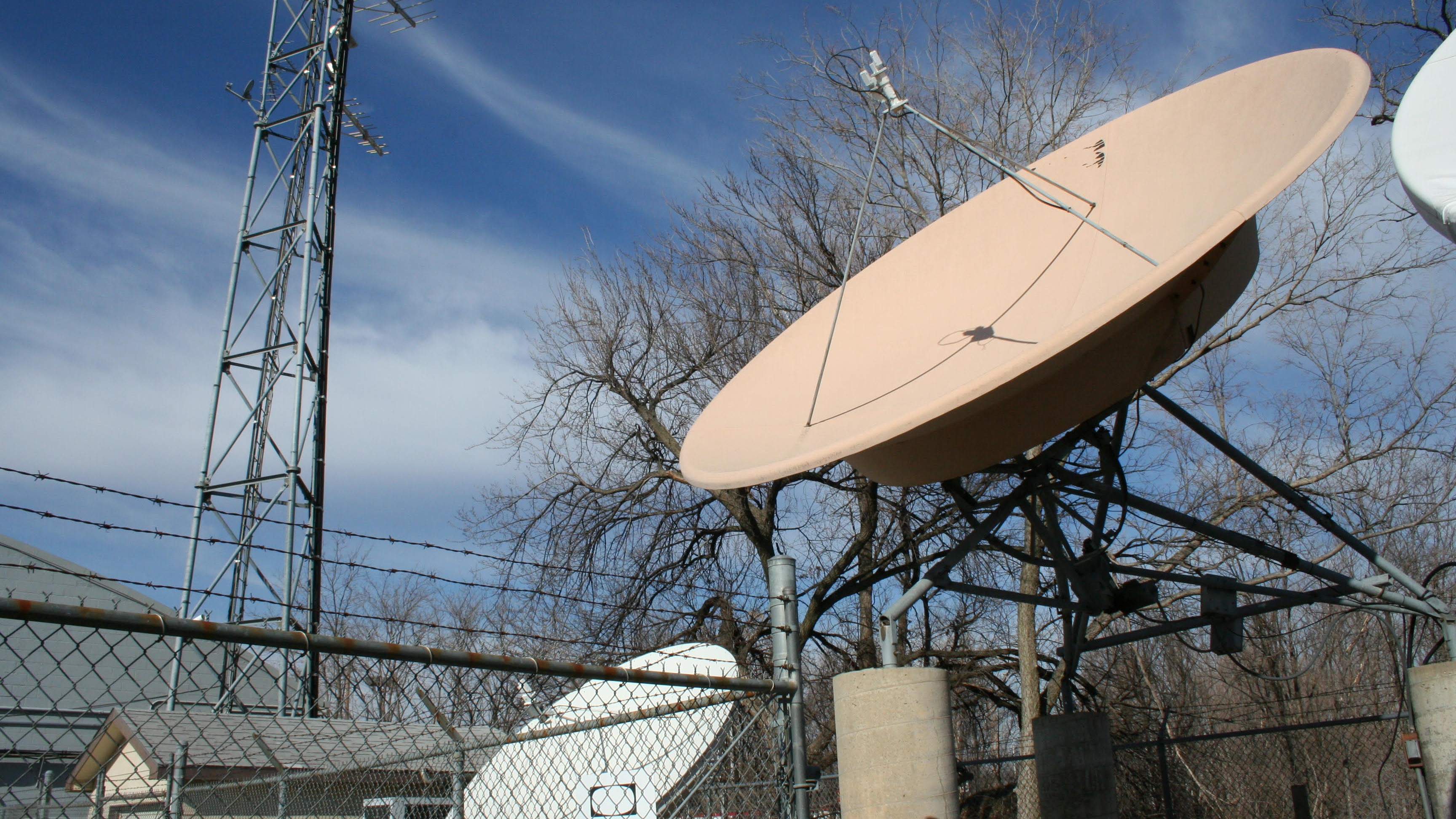NAB Expresses Concentration Concerns Over SES-Intelsat Merger
Tells FCC the proposed deal would leave post-acquisition company in control of 96% of C-band spectrum

WASHINGTON, D.C.—The National Association of Broadcasters has filed a letter with the FCC expressing concerns about the impact the proposed merger between SES and Intelsat could have on broadcasters.
In the letter, the NAB said it is not taking an official position on the merger, but stressed that it would produce a new company that “would collectively operate nearly all the C-band satellites providing services domestically within the United States.”
It also expressed worries that such a level of concentration would impact both the cost and quality of the C-band satellite services so important to TV and radio broadcasters.
In an Oct. 15, filing, NAB chief legal officer Rick Kaplan wrote, “NAB joins [NCTA–The Internet & Television Association] in urging the Commission to carefully consider the impact that the proposed transaction would have on the quality and cost of C-band satellite services.”
“The C-band is used to deliver network programming to over 1000 broadcast stations affiliated with national networks, as well as for distribution of sports and syndicated programming to commercial radio stations listened to by tens of millions of Americans,” Kaplan wrote. “National Public Radio also relies on the C-band ‘for reliable distribution of programming to the 475 public-radio earth stations that together broadcast public radio programming to 42 million Americans each week.’ As NCTA noted in its comments in this docket, the C-band remains critical for video distribution today. Terrestrial alternatives, such as fiber and wireless services, are not necessarily available at remote broadcaster facilities and may be cost-prohibitive where they are available. Other satellite bands, such as Ka- and Ku-band, suffer from rain fade and do not deliver the reliable service that broadcasters and their viewers and listeners demand.
“If the proposed transaction were consummated, the combined SES and Intelsat collectively would control over 96 percent of the C-band spectrum in the United States,” Kaplan concluded. “While we have no view on how the parties might behave post-merger, we urge the Commission to consider the implications of one entity controlling virtually all C-band spectrum.”
The professional video industry's #1 source for news, trends and product and tech information. Sign up below.
George Winslow is the senior content producer for TV Tech. He has written about the television, media and technology industries for nearly 30 years for such publications as Broadcasting & Cable, Multichannel News and TV Tech. Over the years, he has edited a number of magazines, including Multichannel News International and World Screen, and moderated panels at such major industry events as NAB and MIP TV. He has published two books and dozens of encyclopedia articles on such subjects as the media, New York City history and economics.

